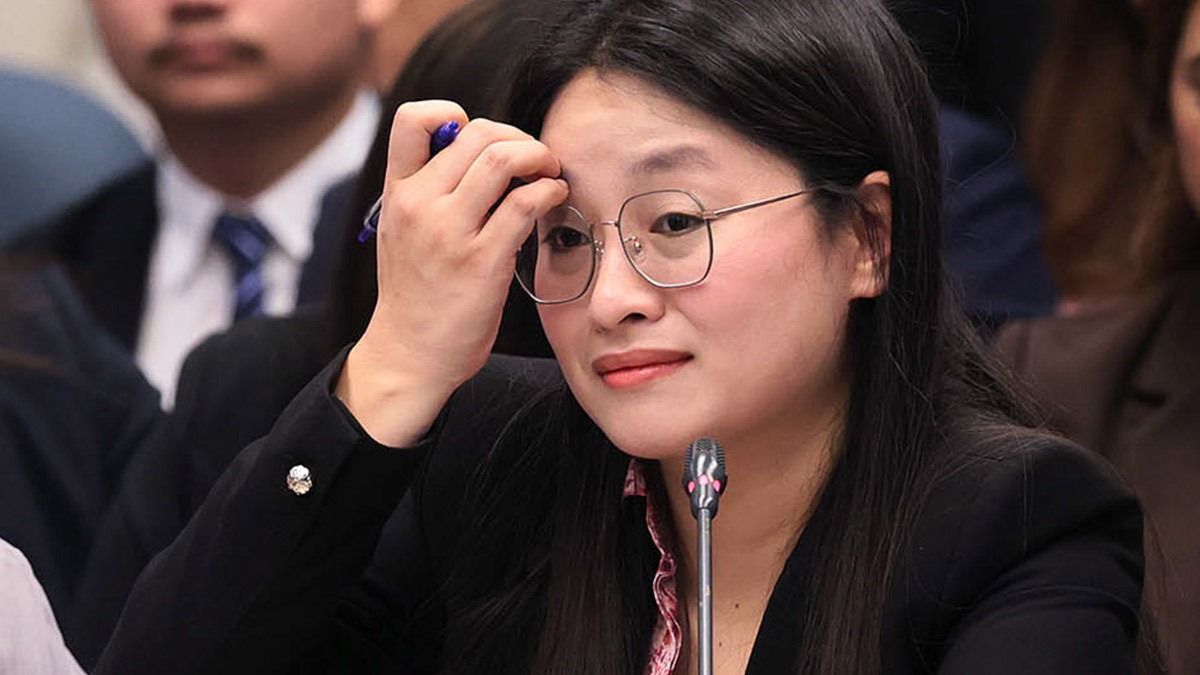Philippine senators and the finance department joined growing calls to ban online casinos taking overseas bets, following the issue of an arrest warrant for a mayor embroiled in alleged money laundering through entities linked with gambling, Bloomberg reports.
Senator Sherwin Gatchalian, who has filed a bill seeking to outlaw Philippine offshore gaming operators or POGOs, said on Tuesday that the industry that mainly caters to Chinese bettors must be banned completely.
“It didn’t bring us any good. It brought us a lot of shame abroad,” he said during a hearing on Tuesday, where representatives from the finance and labor departments also favored shutting down the industry. “Now, we have an element of money laundering.”
Renewed calls to outlaw POGOs come as Alice Guo — who was suspended as mayor of Bamban town in Tarlac — faces arrest for snubbing the past two Senate hearings on her alleged ties with offshore gaming entities. Guo, who was cited for contempt by lawmakers, will probably attend the July 29 inquiry, her lawyer Stephen David told local media GMA News on Monday.
The government has moved to freeze 90 bank accounts and other assets of Guo and a couple of others over suspected money laundering, human trafficking and fraud. The mayor’s camp has repeatedly denied the allegations. Over the weekend, armed personnel descended on Guo’s registered address in Tarlac with an arrest order, failing to find the mayor.
The controversy is the latest to rock the nation’s online gaming industry that flourished during the administration of former leader Rodrigo Duterte, who veered the nation’s foreign policy toward China. During his term, tens of thousands of Chinese nationals descended upon Manila, where POGOs became entrenched, boosting property prices and consumption.
At the Senate hearing on Tuesday, Finance Assistant Secretary Karlo Adriano said the costs of keeping POGOs “are definitely higher than the benefits.” The official expects more investments should offshore betting be prohibited.
The case of Guo — who has denied accusations by some Philippine authorities that she’s a Chinese national — has captivated the public since the Senate started its investigation two months ago.
“Given more intense media coverage of crimes and corruption associated with POGOs, there may be greater pressure on the government to either wind it down or be more rigorous in regulating,” said Lucio Pitlo III, president of the Philippine Association for Chinese Studies.
Guo’s case “raised concerns about the vulnerability of local governments” and also fanned “fears that POGO money may fund supportive politicians in return for protection or turning a blind eye to POGO operations in their jurisdictions” ahead of congressional elections in 2025, Pitlo said.
Guo’s case drew public attention in early May when opposition Senator Risa Hontiveros started scrutinizing the mayor, following up on Gatchalian’s request to authorities weeks earlier to probe the links of a Tarlac official to what he alleged to be illegal online gaming operations.
Hontiveros accused Guo of being a Chinese national “masquerading” as Filipino, which the mayor and her lawyer has denied.
The alleged links to China come amid fraying ties, with Philippine President Ferdinand Marcos Jr. pushing back against Beijing’s efforts to claim disputed islands in the South China Sea.
Guo has denied ties to illegal gaming and other illicit activities allegedly conducted on a Bamban property that she admitted to having had a half-stake in before she became a public official. Guo has skipped senate inquiries in part because she has been receiving death threats.
Critics have also flagged concerns that the POGO industry is a reputational risk for the Philippines as the country aims to be taken out of the global dirty money list. The government though has to weigh the impact of shutting it down.
The head of the Philippine Amusement and Gaming Corp. Alejandro Tengco had warned that the government stands to lose 20 billion pesos ($342 million) of annual revenue and drive legitimate operators underground if offshore casinos are banned.
“So they will just go underground here in the Philippines and continue operating,” Tengco had said in a statement. “Worse, they could join those who are engaged in illegal activities like scamming, hacking and other cybercrimes, which would cause bigger problems to us.”









